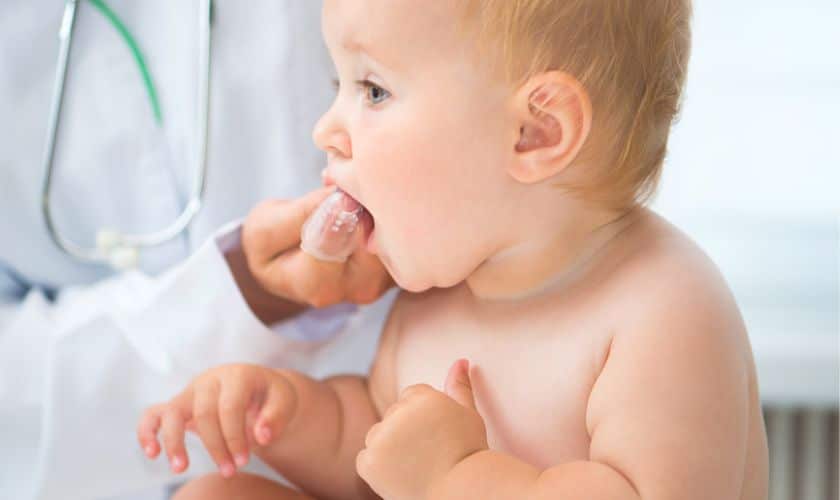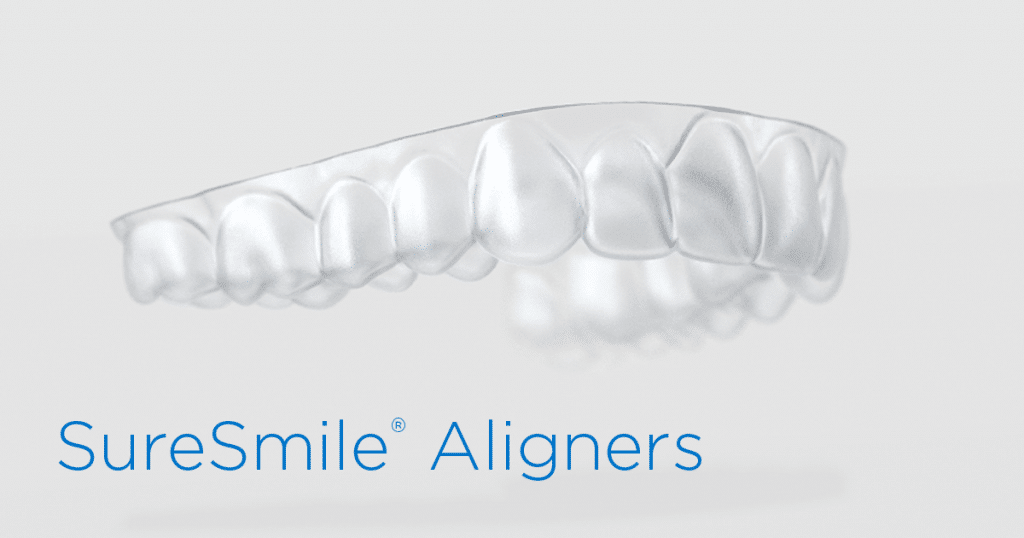How Infant Oral Exams Can Improve Your Child’s Health and Development

Introduction: What Are Infant Oral Exams?
The American Academy of Pediatrics (AAP) recommends that all infants receive an oral exam by a pediatrician or other healthcare provider within the first few months after birth. The purpose of this exam is to check for any problems with the teeth, gums, or jaw, and to identify any risk factors for future dental problems.
The AAP also recommends that children have a comprehensive dental exam by a dentist within the first year of life. This exam should include a thorough cleaning and assessment of the child’s mouth and teeth. The dentist may also take X-rays to check for any hidden tooth decay.
Benefits of Infant Oral Exams
It’s no secret that good oral health is important for overall health and development. But did you know that infant oral exams can play a significant role in ensuring your child’s long-term oral health? Here are just a few of the many benefits of infant oral exams:
- Early detection of problems. Infant oral exams allow dental professionals to identify problems early when they are more easily treatable. This can save your child from pain and suffering down the road.
- prevention of cavities. Cavities are one of the most common childhood dental problems, but they are also preventable. Infant oral exams can help dental professionals spot the early signs of cavities and take steps to prevent them from developing.
- improved speech development. Oral exams can also identify any issues that could impact your child’s speech development, such as tongue-tie or misaligned teeth. Treating these problems early can help ensure your child develops clear speech patterns.
- better overall health. Good oral health is linked to overall good health, so infant oral exams can help set your child up for a lifetime of good health habits
When to Start Infant Oral Exams
Starting infant oral exams as early as six months old can help ensure that your child’s teeth and mouth are healthy and free from any potential problems. These exams can also help you catch any issues early on before they become more serious.
If you are concerned about your child’s oral health, or if you notice any changes in their mouth or teeth, be sure to schedule an appointment with their dentist right away.
What to Expect During an Infant Oral Exam
During an infant oral exam, the dentist will take a close look at your child’s teeth and gums. They will also check for any signs of tooth decay or other problems. The dentist may use a small mirror to get a better view of your child’s mouth. They may also use a small probe to check for any soft spots on the teeth.
Tips on How to Prepare Your Baby for an Oral Exam
It is important to have your child’s teeth checked by a dentist as soon as possible. This can help prevent problems with their teeth and gums later in life. Here are some tips on how to prepare your baby for an oral exam:
- Schedule an appointment with a pediatric dentist. Look for someone who has experience working with infants and children.
- Talk to your child about what will happen during the exam. Let them know that the dentist will look at their teeth and might count them.
- Help your child practice opening their mouth wide. You can do this by holding a toy in front of them and asking them to open up wide to get it.
- Make sure your child is comfortable and relaxed before the exam. This may mean giving them a favorite toy or blanket to hold during the exam.
- During the exam, be sure to stay calm and positive. This will help your child stay calm as well
Risks and Complications of Infant Oral Exams
The American Academy of Pediatrics (AAP) recommends that all infants have an oral exam by their first birthday. This exam can help identify any risks or complications with your child’s teeth, gums, and mouth.
There are a few risks and complications associated with infant oral exams. First, your child may not be cooperative during the exam. Second, your child may have a gag reflex, which can make it difficult for the dentist to get a good look at their teeth and gums. Your child’s teeth and gums are still developing, so they may not be able to get a complete picture of their oral health.
Despite these risks and complications, infant oral exams are important for your child’s health and development. These exams can help identify any problems early on so that they can be treated quickly and effectively.
Alternatives to Infant Oral Exams
There are a few alternatives to infant oral exams that parents can consider. One is to wait until the child is older and able to sit still for the exam. Another is to use a topical numbing gel before starting the exam.
Conclusion
Infant oral exams are an essential part of your child’s long-term health and development. Through regular checkups, you can help ensure that any issues your child may have with their teeth and gums are identified early on, allowing for quicker treatment and better overall outcomes. In addition to this, the earlier children are exposed to dental care practices such as brushing and flossing, the more likely they will be to maintain good habits in the future. With a little bit of education on infant oral care routines and regular visits to the pediatric dentist, you can ensure that your child will have strong healthy teeth throughout their life.


